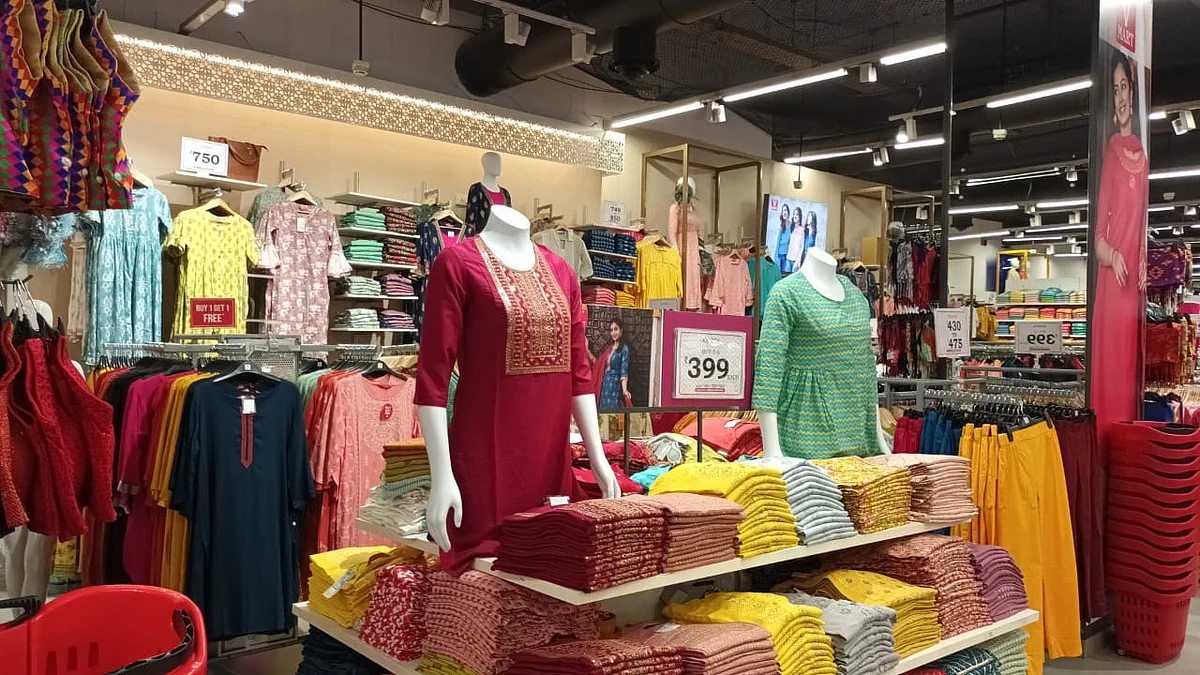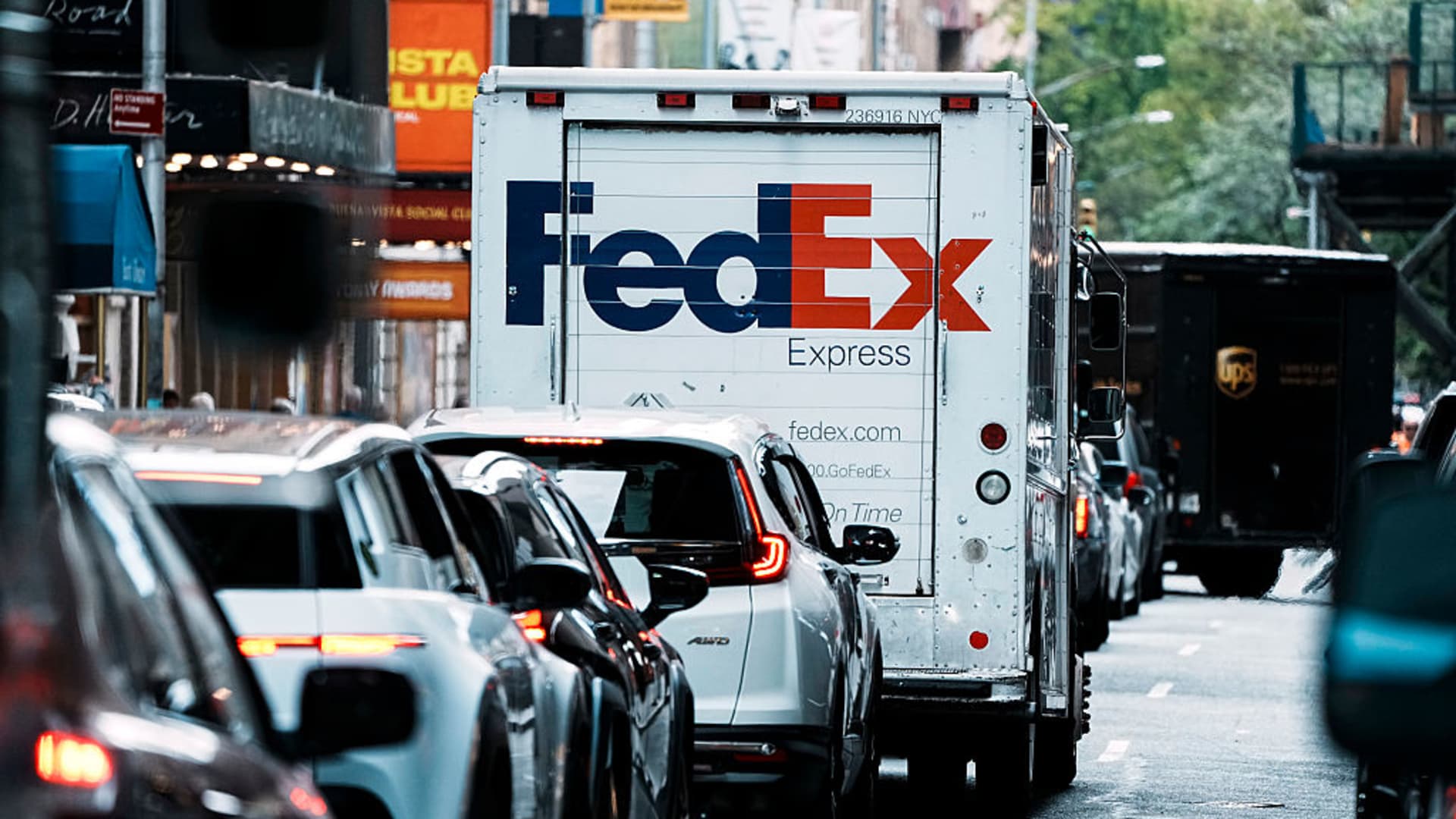
President Donald Trump took aim at foreign-made films on Monday morning with a Truth Social post threatening to impose a “100%” tariff on all movies made outside of the United States.
“Our movie making business has been stolen from the United States of America, by other Countries, just like stealing candy from a baby,” Trump wrote in the Truth Social post.
He added that the filmmaking business in California has been heavily disrupted, which the president blamed on California Gov. Gavin Newsom.
“In order to solve this long time, never ending problem, I will be imposing a 100% Tariff on any and all movies that are made outside of the United States,” he wrote.
Trump first pledged to impose high tariffs on foreign-made movies in May, after claiming the U.S. movie industry was dying as foreign countries use incentives to lure film work outside the country, as previously reported by the Deseret News.
The president is not wrong about the decline in moviemaking. Following the COVID-19 pandemic, both box office sales and movie production plunged. Recovery efforts were stifled by the 2023 Hollywood strikes and this year’s Los Angeles fires.
Ahead of the pandemic, in 2019, the domestic box office earned more than $11.3 billion in ticket sales — but no year since has matched that level. Last year, for example, the domestic box office made roughly $8.5 billion, per Box Office Mojo.
Movie production rates are also lower. In 2019, 910 movies, including both wide and limited release, debuted in U.S. theaters. That number dropped to 455 in 2020, and though it rose to 677 in 2024, it still has not reached previous heights, as reported by Box Office Mojo.
In the years since the pandemic, filmmaking has spread from the hub of Hollywood into other U.S. states and countries. Countries like the U.K. and Canada are offering attractive incentives, such as tax credits, to lure in the film business.
Both American actors and filmmakers prefer to work in the U.S., Jay Sures, vice chairman of United Talent Agency, told CNN in May. But “the fact is, it’s cheaper for Hollywood studios to pay for everyone to get on planes, pay for hotels, because the cost of labor, lack of rebates and the ability to make things overseas is infinitely cheaper.”
Newsom has attempted to maintain California’s dominance over the filmmaking scene by doubling the state’s annual funding for its Film and Television Tax Credit Program, increasing funds from $330 million to $750 million, a move he made in July.
Utah also offers tax incentives for filmmakers — a fully refundable tax credit of up to 25% on in-state spend.
The filmmaking scene in Utah continues to expand. In August, the Utah Film Commission announced the approval of six new productions for state film incentives, creating 400 jobs and generating an economic impact of $7.1 million.
Just months before, in June, the Utah Film Commission announced several additional projects approved for state film incentives, including a spinoff series to “Yellowstone” and a seventh season of “The Secret of Skinwalker Ranch.”



